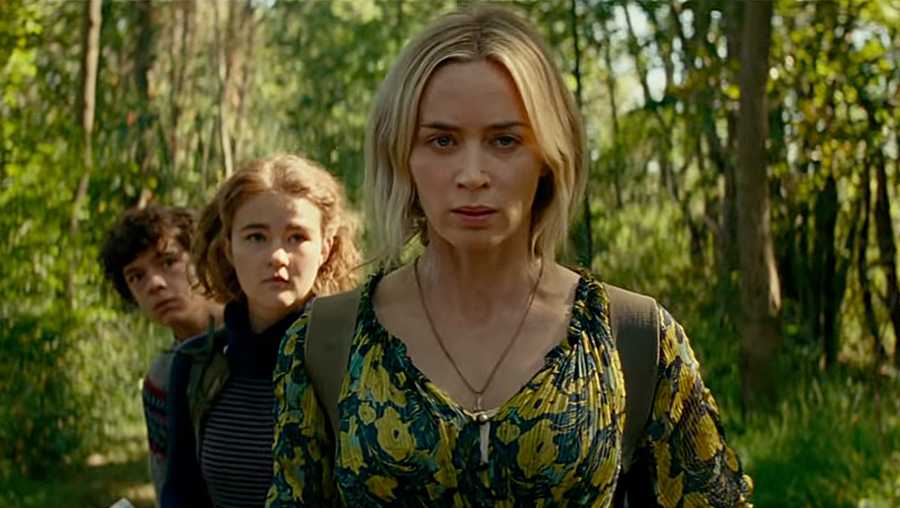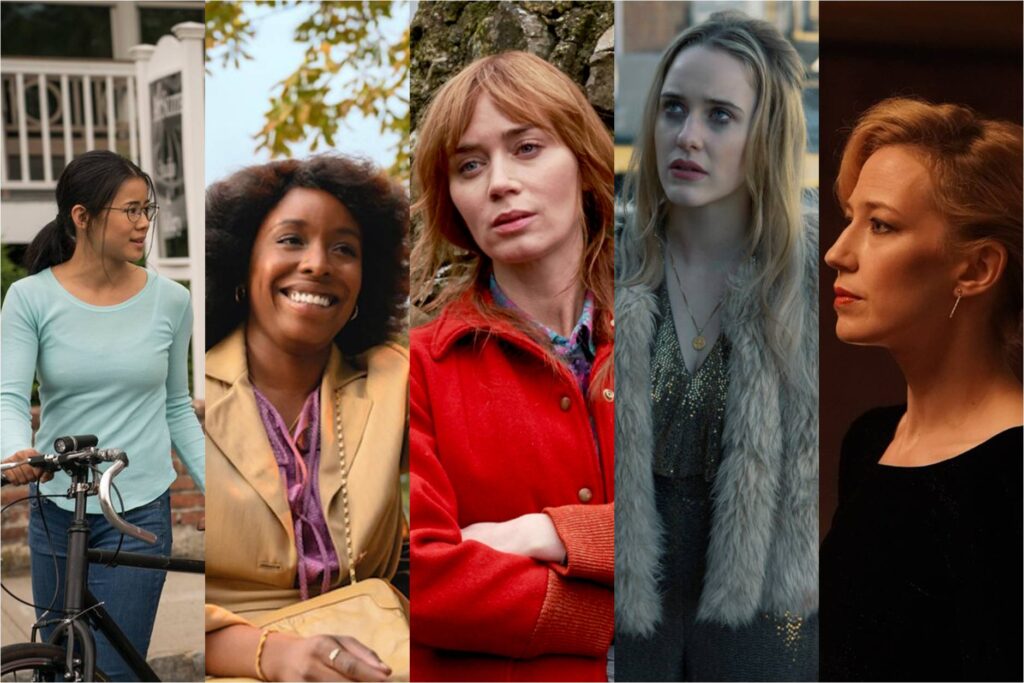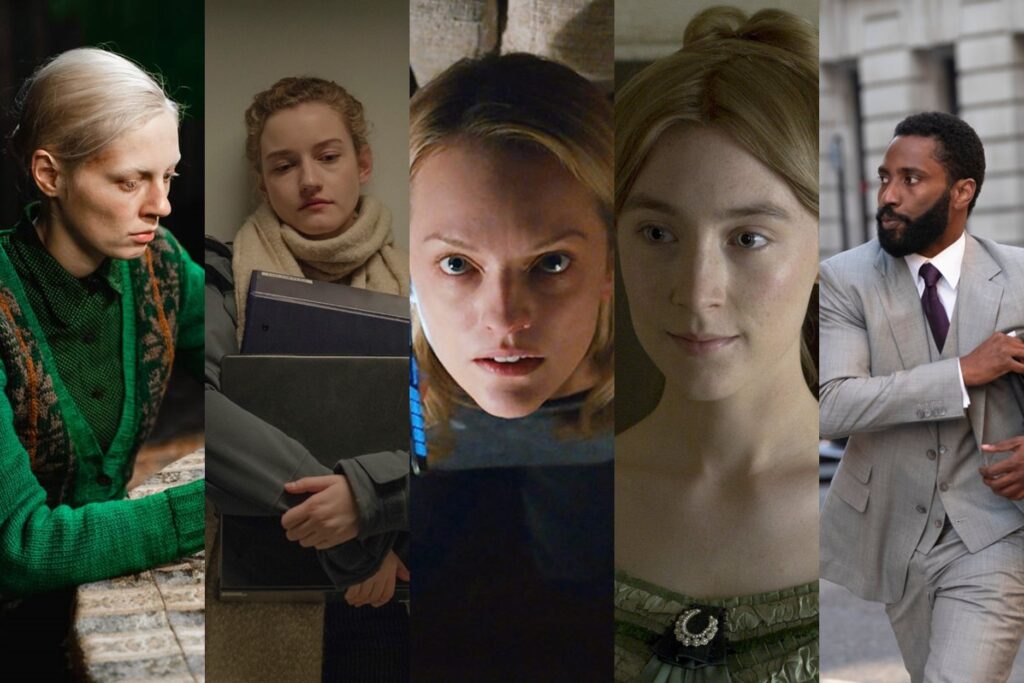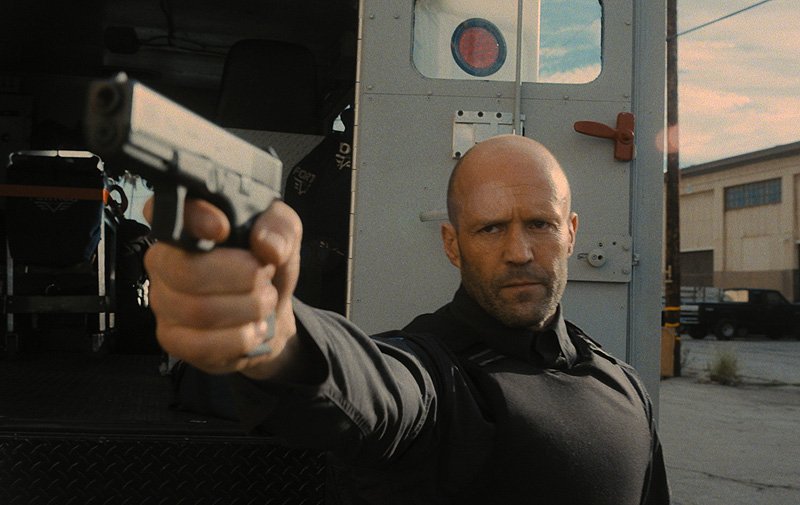In the Heights: Defend the Block
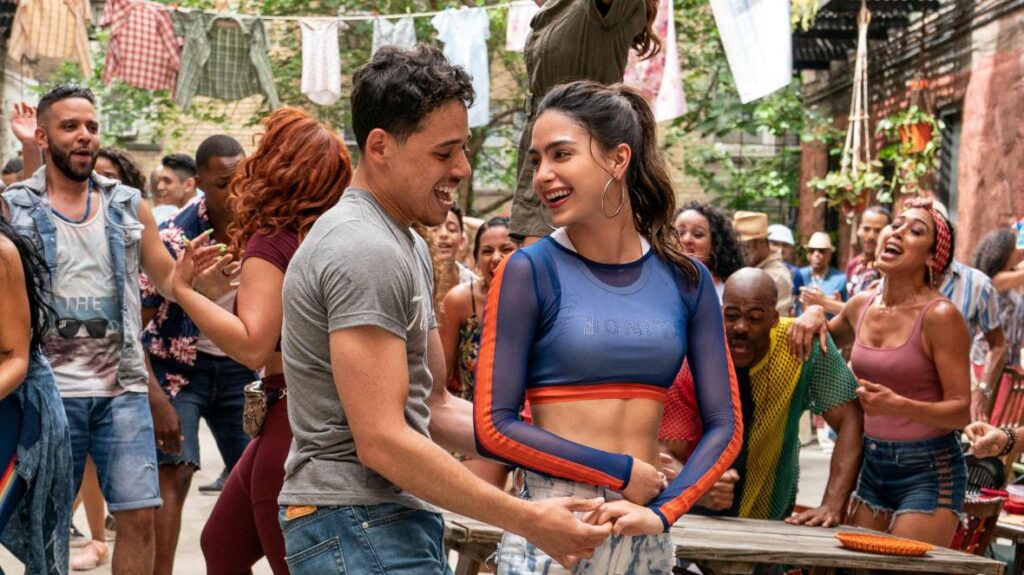
“96,000,” the undeniable centerpiece of Jon M. Chu’s In the Heights, is a dizzying, dazzling musical number, a vibrant and symphonic sequence that opens on a sunbaked street, parades through a crowded neighborhood, and eventually unites what feels like a cast of thousands in a luminous public pool. Yet as propulsive and audacious as it is, the moment the song made me gasp is almost invisible; early on, when rhapsodizing about (and exaggerating) his own talents, a graffiti artist invokes the name of Obi-Wan Kenobi and then—as if from thin air—pulls out a lightsaber.
Not really, of course; as gifted and ambitious as these residents of Washington Heights may be, they aren’t actual Jedi knights. Instead, Obi-Wan’s intergalactic weapon appears as a puff of greyish shadow only to just as suddenly vanish, along with other mentioned objects like a golf club and a sparkling diamond. It’s a mild visual flourish, but it embodies the spirit of creativity that makes this Broadway adaptation sing. In all likelihood, a point-and-shoot version of Lin-Manuel Miranda’s first stage hit would have been entertaining; hell, the Disney+ broadcast of Miranda’s Hamilton was largely delightful, and it was literally just footage from theatrical performances. But while In the Heights obviously can’t approach that masterpiece in terms of writing or depth, Chu’s big-screen vision is nonetheless a robust and imaginative work. And that’s because it’s unashamedly a movie musical—emphasis on “movie”. Read More

